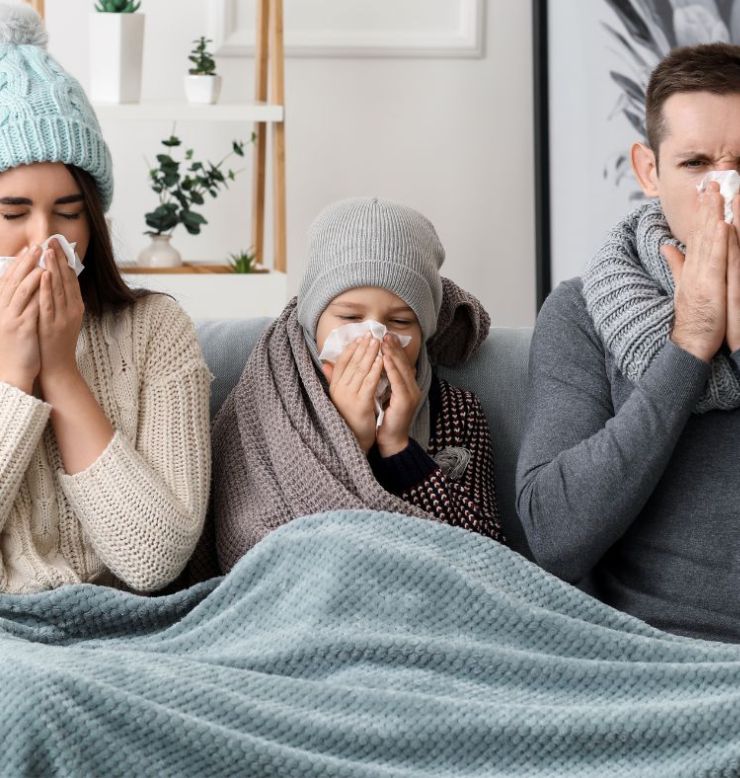Pay attention to you: You just might need a boost
Even without the stress of a pandemic and rising costs that strain household budgets, life deals us good days and bad days—often at an unbelievably rapid pace.
 Some days we wake up filled with hope, other days, not so much. Take time to know how you’re doing, and if you need help managing life’s challenges.
Some days we wake up filled with hope, other days, not so much. Take time to know how you’re doing, and if you need help managing life’s challenges.
If you’re feeling out of sorts, you’re not alone. After all, we’ve had a few challenging years. Even without the stress of a pandemic and rising costs that strain household budgets, life deals us good days and bad days—often at an unbelievably rapid pace. Some days we wake up filled with hope, other days, not so much.
More than 37% of adults in Maine reported they had symptoms of anxiety or depression, saying the pandemic affected their mental health, according to a 2021 report from NAMI Maine, a part of the National Alliance on Mental Illness. And the Maine Integrated Youth Health Study published in September 2022 reported nearly 43% of Maine students said their mental health was not good “most of the time” or “always” during the pandemic.
Our mental and emotional well-being shapes how we approach life—what we think of ourselves and others, and how we approach work, relationships and personal goals. Checking in on yourself and paying attention to how you’re doing can help you to build resilience and develop coping tools to deal with life’s challenges. Importantly, a strong mind-body connection leads to better physical health and can strengthen your immune system, along with reducing the risk of stress-related heart disease, high blood pressure, digestive disorders, headaches, and other aches and pains.
It's great to be aware of how you’re doing. And if you’re feeling overwhelmed or isolated and your bad days outnumber your good days, you may want to find some support. Maybe you need to talk to a friend or family member.
Here are some resources that can help:
- NAMI Maine, where you’ll find a guide to resources by county, along with other important contacts, along with a Teen Text Support Line youth aged 13-23, who want a free, confidential resources. Teens can text 207-515-8398 from 2 p.m. to 10 p.m. daily.
- StrengthenME, a Maine state resource offering free stress management and resiliency resources, including links to organizations that support emotional and physical wellbeing. You can dial 211 or text your ZIP code to 898-211 to contact a Maine specialist.
- Like NAMI Maine and StrengthenME, Mental Health America provides resources to help you boost your mental health.
- Healthwise, a nonprofit, unbiased evidence-based source of information to help you navigate your more pressing health concerns. Through Healthwise you can search for information about mental and emotional wellbeing, including specific and gain tools that help you develop better coping skills during stressful times.
- Community Health Options Members can access Amwell® Telehealth to talk to providers who can screen for and address behavioral health needs affecting your health or daily life—seven days a week with appointments available nights and weekends.
- All non-HSA Community Health Options health plans cover the first in-network behavioral health visit annually at $0, with copays or coinsurance for subsequent in-person or telehealth appointments. If you work for a large company that offers Community Health Options health plans, your first three in-network behavioral health visits annually may cost you nothing out-of-pocket. If you are a Member, check your specific plan for more details, or contact our Maine-based Member Services team at (855) 624-6463, Monday through Friday.
Most important, if you are in crisis and need immediate help, you can dial 988, which routes you to the 988 Suicide & Crisis Lifeline. If you just need someone to talk to, you can call Maine’s Intentional Warm Line at (866) 771-9276.



